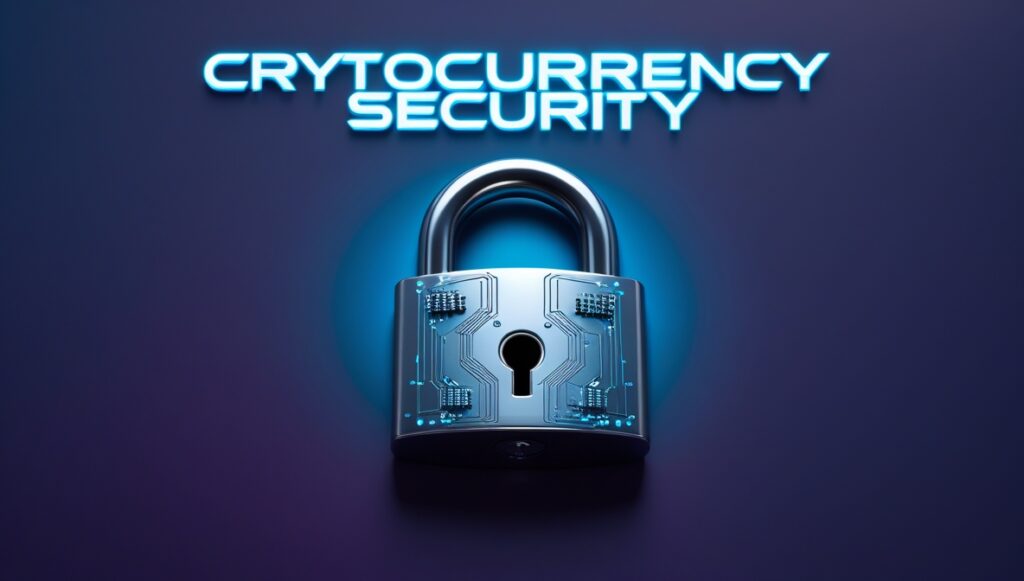As cryptocurrency adoption grows, so do the risks associated with digital asset security. With billions of dollars lost to hacks, scams, and phishing attacks, safeguarding your crypto holdings has never been more critical. Whether you’re a casual investor or a seasoned trader, understanding key security practices is essential.

Common Cryptocurrency Security Threats
Before diving into protection strategies, it’s important to be aware of the most common threats in the crypto space:
- Phishing Attacks – Fraudulent emails, fake websites, and impersonation attempts designed to steal private keys or login credentials.
- Exchange Hacks – Centralized exchanges are frequent targets for cybercriminals, resulting in massive fund losses.
- Malware and Keyloggers – Malicious software can secretly record keystrokes, capturing passwords and private keys.
- SIM Swapping – Attackers hijack phone numbers to gain access to two-factor authentication (2FA) and steal assets.
- Smart Contract Exploits – Bugs and vulnerabilities in DeFi protocols can be exploited to drain funds.
Essential Crypto Security Measures
To minimize risks and keep your assets safe, follow these key security practices:
- Use a Hardware Wallet – Cold wallets like Ledger and Trezor provide offline storage, making them immune to online hacks.
- Enable Two-Factor Authentication (2FA) – Secure your exchange and wallet accounts with an extra layer of protection.
- Beware of Scams and Suspicious Links – Never share your private keys or seed phrases, and verify website URLs before entering sensitive information.
- Diversify Storage Methods – Avoid keeping all your funds on exchanges; use a combination of hot and cold wallets.
- Regularly Update Software – Ensure your wallets, exchanges, and security tools are up to date to patch vulnerabilities.
The Role of Decentralization in Security
One of the core principles of blockchain is decentralization, which enhances security by reducing reliance on single points of failure. Decentralized exchanges (DEXs), non-custodial wallets, and smart contract audits contribute to a more secure ecosystem. However, users must remain vigilant, as decentralized platforms also come with their own risks.
Future Trends in Crypto Security
As the industry evolves, new security innovations are emerging, such as:
- Multi-Party Computation (MPC) Wallets – Eliminating the need for a single private key by distributing authentication across multiple parties.
- AI-Powered Fraud Detection – Advanced machine learning models helping identify suspicious activity in real time.
- Improved Smart Contract Auditing – Enhanced security protocols to detect and prevent vulnerabilities before deployment.
Final Thoughts
Cryptocurrency security is an ongoing challenge, but taking proactive steps can significantly reduce the risk of loss. Staying informed, using secure storage solutions, and following best security practices will help safeguard your digital assets against potential threats.
More Crypto News


